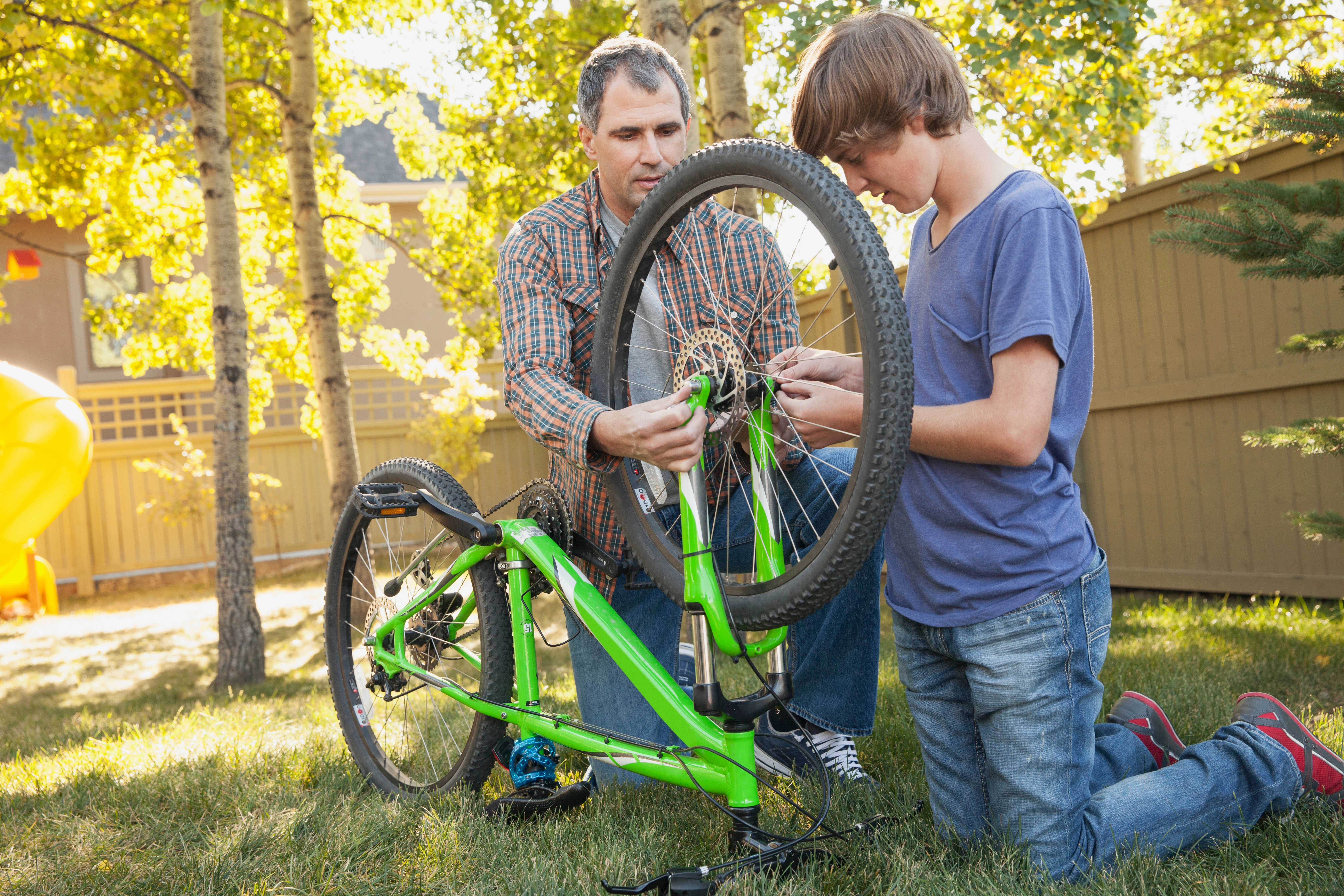Idaho Youth Ranch
Subscribe to our blog
Learn how to create positive childhood experiences with your teen that can boost their resilience, foster a stronger bond, and promote their overall well-being.
Positive childhood experiences (PCEs) play a crucial role in shaping a young person’s future, promoting resilience, and fostering healthy development. As the parent of a teenager, you have the unique opportunity to create lasting positive memories that can positively impact your teen’s life. In this blog, we will explore the importance of PCEs, delve into the science behind them, and share practical tips on building a nurturing environment that fosters meaningful connections and supports your teen’s well-being. Idaho Youth Ranch is here to help guide and support you in this journey.
The Importance of Positive Childhood Experiences
Positive childhood experiences are instrumental in promoting emotional, social, and cognitive development, and their impact can last a lifetime. Research indicates that teens with a higher number of PCEs are more likely to demonstrate resilience in the face of adversity, have better mental health, and develop healthier relationships. By actively creating positive experiences with your teen, you’re setting the stage for them to become well-rounded, emotionally intelligent adults.
Understanding the Science Behind PCEs
Several studies have shown that PCEs have a profound impact on brain development. When teens experience positive emotions, their brains release feel-good chemicals such as dopamine, serotonin, and oxytocin. These neurotransmitters play a vital role in building neural connections, regulating emotions, and promoting overall mental health. Consequently, PCEs contribute to a stronger foundation for a teen’s mental and emotional well-being.
Building a Strong Foundation
1. Creating PCEs with your teenager begins with fostering a strong and supportive relationship. Here are some tips to help you build a solid foundation for positive experiences:
2. Establish trust: Be reliable, consistent, and honest with your teen. Show them that they can count on you to be there for them when they need support.
3. Encourage open communication: Create an environment where your teen feels comfortable discussing their thoughts, feelings, and concerns without fear of judgment.
4. Show empathy: Validate your teen’s emotions and acknowledge their perspective, even if you don’t necessarily agree with them.
5. Set boundaries: Provide clear expectations and consequences, allowing your teen to understand the limits of their behavior while also giving them the freedom to explore and learn.
6. Model healthy behavior: Demonstrate emotional regulation, effective communication, and self-care to help your teen develop these critical life skills.
Creating Meaningful Connections
1. With a strong foundation in place, you can now focus on creating positive experiences that will contribute to your teen’s emotional well-being. Consider the following activities to foster meaningful connections:
2. Spend quality time together: Dedicate regular time to engage in activities your teen enjoys, whether it’s watching movies, playing sports, or exploring new hobbies.
3. Celebrate accomplishments: Recognize and celebrate your teen’s achievements, both big and small, to boost their confidence and reinforce their sense of self-worth.
4. Encourage social connections: Support your teen in building and maintaining healthy friendships and connections with peers, as these relationships can have a profound impact on their mental health.
5. Create traditions: Establish family rituals or traditions that provide a sense of stability and continuity in your teen’s life, thereby fostering a sense of belonging.
6. Offer support during challenging times: Be present and provide guidance when your teen faces difficulties, which can help them navigate the complexities of adolescence.
Fostering a Positive Home Environment
In addition to building a strong relationship with your teen and creating meaningful connections, it’s crucial to establish a positive home environment that supports their growth and development. Here are some ways to create a nurturing atmosphere:
1. Encourage a growth mindset: Praise your teen’s efforts and perseverance rather than focusing solely on their achievements. This can help them develop a growth mindset, which fosters resilience and a love for learning.
2. Create a safe space: Ensure that your home is a place where your teen feels safe and secure, both physically and emotionally. Offer a judgment-free zone where they can express their feelings and concerns openly.
3. Cultivate a positive atmosphere: Encourage positivity by focusing on your teen’s strengths and successes. Practice gratitude and make an effort to maintain a positive outlook, even during challenging times.
4. Prioritize self-care: Teach your teen the importance of taking care of themselves, both mentally and physically. Encourage regular exercise, a balanced diet, and adequate sleep to support their overall well-being.
5. Foster a sense of autonomy: Allow your teen to make age-appropriate decisions and provide opportunities for them to take on responsibilities. This can help them develop a sense of independence and competence.
Seeking Help When Needed
Even with the best intentions, there may be times when your teen requires additional support to overcome challenges. Idaho Youth Ranch provides expert counseling services tailored to meet the unique needs of adolescents aged 9–24. Our therapists are trained in various evidence-based therapies, including Cognitive-Behavioral Therapy, Dialectical Behavioral Therapy, Trauma-Focused Cognitive Behavioral Therapy, Eye-movement Desensitization and Reprocessing (EMDR), and Equine-Assisted Psychotherapy. Learn more about our services at youthranch.org/teencounseling.
Recognizing the Signs Your Teen May Need Help
It’s essential to be aware of potential signs that your teen may be struggling and could benefit from the support of a counselor or therapist. Some signs to watch for include:
1. Sudden changes in mood or behavior
2. Withdrawal from friends, family, or activities they once enjoyed
3. Declining academic performance
4. Persistent feelings of sadness, anxiety, or irritability
5. Changes in sleep or appetite patterns
6. Engagement in risky or self-destructive behaviors
If you notice any of these signs in your teen, don’t hesitate to reach out for help. Early intervention can make a significant difference in their overall well-being.
Creating positive childhood experiences with your teen is an essential part of supporting their emotional, social, and cognitive development. By fostering a strong foundation built on trust, empathy, and open communication, you can create meaningful connections that contribute to your teen’s overall well-being. Visit our blog to learn more about the Seven Positive Childhood Experiences.
Remember that seeking professional help when needed is a vital part of supporting your teenager’s journey to adulthood. Idaho Youth Ranch is here to provide expert guidance and support for both you and your teen, offering healing and hope for our kids. Visit youthranch.org to learn more about our services and how we can help your family.





Leave a Comment